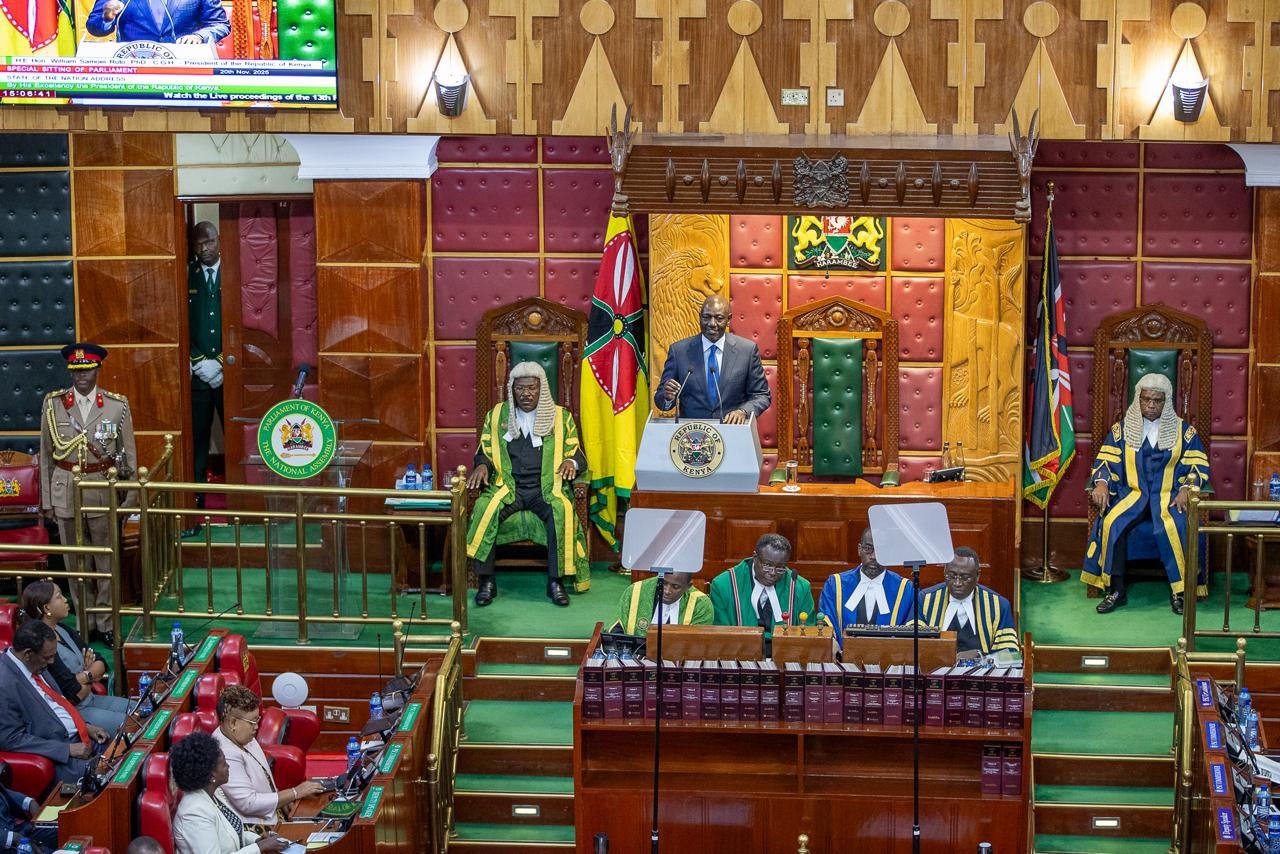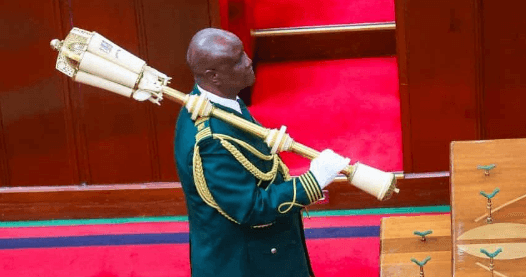The Manu Chandaria family is in itself a school of social work and philanthropy.
His children, grandchildren and greatgrandchildren are taught from a tender age to be selfless and live for the wider public good, his newly launched autobiography says.
The book is titled ‘Success to Significance’ and has a foreword written by former First Lady Margaret Kenyatta.
The book says the 96-year-old accomplished industrialist and philanthropist has lived a selfless life in which he does not impose his will on his children.
He never raised a voice or wagged a hand at them, and never encouraged them to read hard at school nor asked them to do their homework.
But he was particular in leading by example, doing more and speaking less, and exposing them to social work was his key point.
His son Neal says in the book that their Muthaiga home was always open to tens of children regularly, where they would be fed and gifted giveaways.
Chandaria’s two children Neal and Priti would regularly be required to volunteer their time to serve in children’s homes or adult homes.
“At least once a month, there would be community work, social work in which dad and mum and grandmother would be involved, and so they would take me with them. It would be a family matter,” the son said in the book.
“It would be a home or somewhere else, and this started when I was in late primary or secondary school.
“We would distribute blankets, sweaters, bedsheets and clothes to homes for the disabled, orphanages, old people’s and children’s homes.
Neal and Priti grew up in that environment. They were being introduced to social work.
There would be 100 to 150 children from these homes visiting their residence, and they would serve them food and distribute whatever there was for them to take a way.
Every month, there would be a gathering and they would be joined by other members of the extended family.
In fact, so open was the home that the mansion, sitting on a five-acre estate, did not have a gate until 2021, when on one night, gun-toting robbers stormed it.
When his daughter came back from UK after completing her undergraduate, she was always in the house and boredom took a toll of her.
Chandaria’s solution? Let her go volunteer at an old people’s home in Huruma slums.
The culture is passed on to the grandchildren.
For example, Ayushi, one of the grandchildren, says in the book that Chandaria always challenged them to raise money during school holidays for social work.
“We would paint the nails of our relatives and friends and charge them exorbitant rates to raise funds for charity,” the book reads.
“Grandpa always doubled what we raised. We would donate the money to the Nairobi Wildlife Conservancy.”
Further, when he was called to New York in 2022 to receive the prestigious Carnegie Medal of Philanthropy award, Chandaria handed the medallion to his great granddaughter, symbolically handing over the baton of philanthropy.
His grandchildren Ayushi, Nahema and Nirali say the man had a huge influence in their education and career choices.
However, his two children say their father did not push them to do their homework.
Neither did he demand that they take certain courses at the university, nor did he take offence when their performance in class was wanting.












![[PHOTOS] Betty Bayo laid to rest in Kiambu](/_next/image?url=https%3A%2F%2Fcdn.radioafrica.digital%2Fimage%2F2025%2F11%2F3b166e2e-d964-4503-8096-6b954dee1bd0.jpg&w=3840&q=100)


![[PHOTOS]Goons vandalise Nargis Restaurant in Westlands](/_next/image?url=https%3A%2F%2Fcdn.radioafrica.digital%2Fimage%2F2025%2F11%2Fa1c98f6c-2b1d-4b50-b112-1def4d93a193.jpeg&w=3840&q=100)

